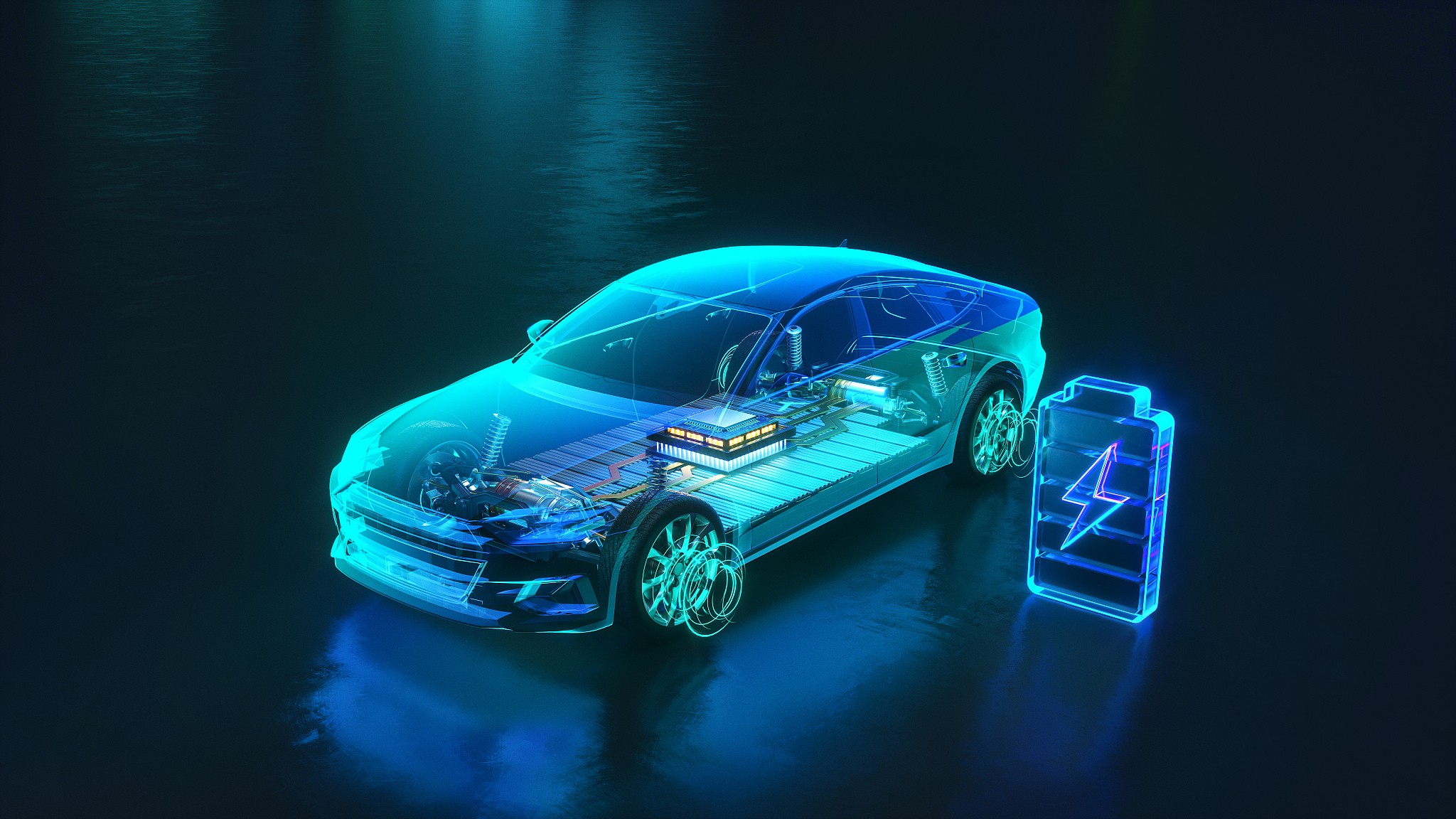Accelerating Transformation of Automotive Electrification

PHOTO:?VCG
By Staff Reporters
In 2023, China's new energy vehicle (NEV) production and sales volume both ranked among the world's top for nine consecutive years, with NEVs accounting for 31.6 percent of total new car sales. In terms of power battery sales, Chinese companies occupy six seats among the top 10 globally.
During this year's China EV100 Forum recently held in Beijing, Wan Gang, president of the China Association for Science and Technology, highlighted the significant progress made in the NEV sector through continuous technological innovation, driving high-quality industrial transformation, nurturing a large number of high-caliber talents, fostering a high-level open market, and developing a new quality production force with global influence.
To maintain and expand China's hard-won leading advantage in the sector, it is incumbent upon state-owned enterprises to take responsibility. Gou Ping, vice chairman of the State-owned Assets Supervision and Administration Commission of the State Council, emphasized the importance of harnessing technological progress and industry transformation trends. He mentioned initiatives such as Changan Auto’s plan for comprehensive electrification transformation and Dongfeng Motor Corporation's establishment of the high-end electric brand Voyah to enter the new energy race.
Addressing the significant role of NEVs in driving economic and social development, speakers at the forum focused on how to promote high-quality development of the industry.
While acknowledging achievements, they also acknowledged challenges such as the need to construct a smooth and stable global industry and supply chain and strengthen research in areas like vehicle chips and basic software. They also emphasized the need for continuous improvement of NEVs in terms of low-temperature adaptability, safety, and charging convenience.
Looking ahead, there is a need to plan and deploy major new projects in the NEV sector, focusing on power systems, new fuel cells and power batteries, intelligent driving operating systems, and chips. Efforts are underway to enhance battery safety and reduce the risk of vehicle fires through technological advancements.







